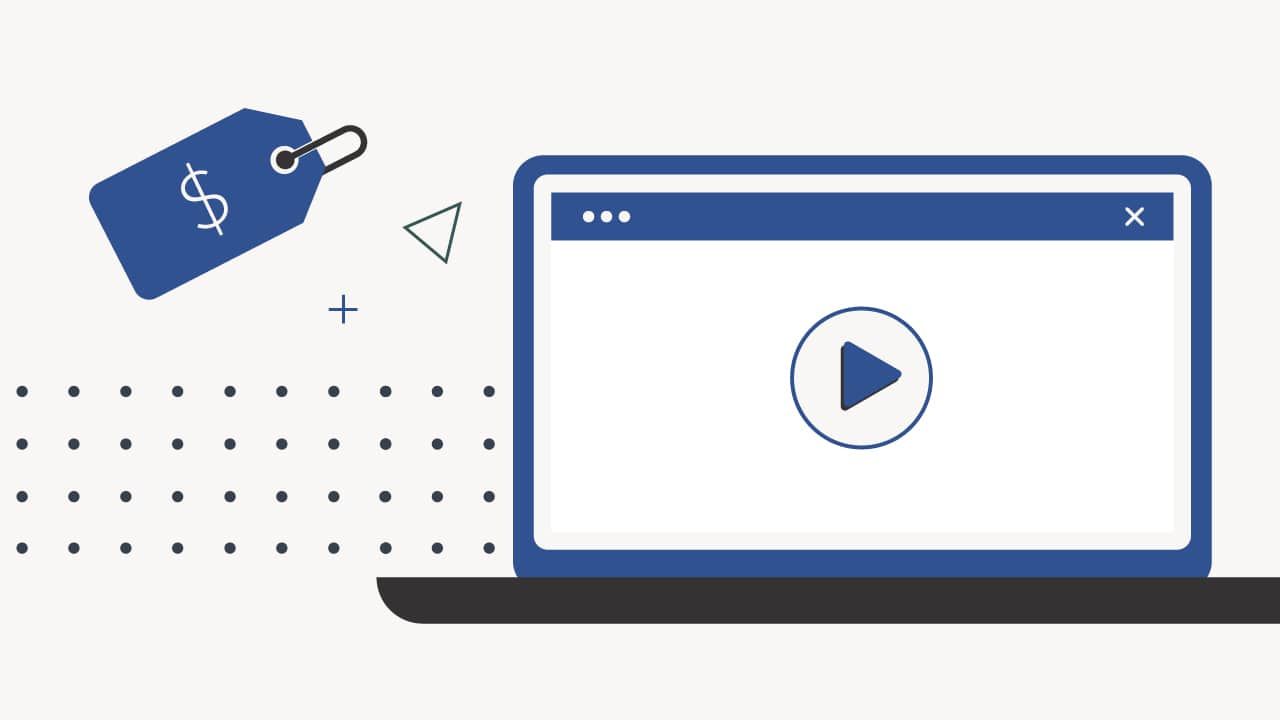
Being a college student entitles you to get student discounts on all sorts of products and services. This has the potential to save you thousands of dollars per year on things you normally use.
The trouble is, it can be hard to find student discounts. You have to know where to look, what companies may offer them, and then potentially jump through various hoops to make it happen.
Commonly, you have to use your student ".edu" email address to sign up to prove that you're a student.
With all that in mind, here is a list of the best student discounts and deals you should be taking advantage of.
Cell Phone Plans
Several of the major cell phone plan providers offer student discounts:
AT&T
AT&T has some of the higher prices, but they offer student discounts through their AT&T Signature Program. The program advertises discounts of at least $10 per line: AT&T Signature Program.
Verizon
Verizon does offer cell phone plan discounts to college students. Currently, students can save up to $25 per month on unlimited plans.
With Verizon, students can pay $60 per month for one line. For two lines, the monthly price is $95 which breaks down to $47.50 per line (plus taxes and fees).
Streaming Services
Student discounts can help you explore your news and streaming options without breaking the bank. Each discount can help you stretch your budget further.
Amazon Prime
Amazon Prime offers a free student trial for six months, then you only pay $7.49/mo. With this free trial, you’ll have access to free two-day shipping and Prime video. Plus, you'll get discounts at Course Hero, Calm, and Student Universe.
Check out Amazon Prime here >>
Hulu
You can score a discount on Hulu’s streaming platform. As a student, you’ll only pay $1.99 per month. But you’ll still have to sit through ads. That’s 70% off the regular price of $6.99 per month. See our comparison of Hulu vs. Hulu Plus before you commit.
Discovery+
Discovery+ offers a student discount for its ad-supported level. You’ll pay $2.99 per month, which is 40% off the regular price. Plus, you can kick things off with a free 7-day trial.
Technology
Most of the major technology companies offer student discounts. Whether you need a new laptop for college, or specific software for a class, here are some options.
Apple
Apply offers education pricing for most of it's products. Check out the Apple Education store here.
Microsoft
Microsoft offers a 10% discount to students in its student store. Check out the Microsoft Education store here.
HP
HP offers some of the best student discounts on their computers. You can get up to 30% off a new laptop in the HP Education Store.
Adobe
Adobe Creative Cloud is almost essential for many students, especially in the graphic arts. Students can get 60% off their Adobe Creative Cloud subscription. Check out the Adobe store here.
News Subscriptions
Do you like to stay up to date with the latest news and information? Check out these great student discounts on news subscriptions:
The Economist
The Economist offers a student discount for their digital and print options. But if you want full access to all of the digital content, you’ll pay $49.75 for the year. That’s 75% off of the original price of $199.00. However, the subscription will auto-renew at $199 per year. So, you’ll need to keep that cost in mind unless you cancel before the charge.
The Wall Street Journal
The Wall Street Journal offers a deep discount to students. You can sign up for digital content for $4 per month or $24 per year. You can hang onto this discount for the duration of your education.
USA Today
USA Today offers a special deal for college students seeking access to this new platform. You can unlock all digital access for free for three months as a student. After the three-month free trial, you’ll pay just $4.99 per month. With the regular subscription sitting at $9.99 per month, you’ll save around 50% as a student. Plus, you can cancel at any time.
Music
Everyone loves to listen to music - especially when it doesn't cost a fortune.
Spotify
Spotify offers students a free one-month trial. After the trial expires, you’ll pay the discounted rate of $4.99 per month. In addition to Spotify Premium, this deal gives you access to Hulu and Showtime.
YouTube Music
YouTube Music offers an ad-free experience. Like Spotify, the streaming service offers a 1-month free trial. After the trial is up, you’ll pay $4.99 per month. But you won’t have access to any extra perks through this subscription.
Apple Music
Apple Music offers students a discounted rate of $4.99 per month. In addition to the millions of songs, this discounted rate gives you access to Apple TV+.
As a student, you can access this deal for up to 48 months. After that period, you’ll have to pay the full rate of $9.99 per month.
Tidal Music
Tidal Music offers top-quality music streaming that sticks to the original sound. If you are very into your music experience, this could be the right streaming platform for you. As a student, you can unlock the TidalPremium subscription for $4.99 per month or the TidalHiFi subscription for $9.99 per month. This 50% discount makes this an attractive option.
Other Deals And Discounts
Here are some other student-specific discounts and deals!
Amtrak
Looking to travel by train? Amtrak offer a 15% discount for students in certain markets. Each market has a specific promo code you can use when booking your ticket online, and you may need to show a valid student ID on the train.
California Amtrak Student Discount
Morningstar Investor for Students
Students with a valid .edu email address can get Morningstar Investor for 90% off for the first year - this means that the normal $249 price tag will drop to just $25.
Don't Be Afraid To Ask
Not every company offers a student discount, but it never hurts to ask. If you happen to love the product or service that a company provides but can’t afford it on your student budget, consider reaching out to their customer service team for a discount. You might be surprised by how many companies are willing to offer students a break.
A student discount helps you save while staying up-to-date with the latest shows, movies, news, and music. Many companies offer student discounts because they know you're probably on a budget, but it's also a great way to show you what they have to offer. Their hope is that you’ll choose to pay for the full membership when you graduate.

Robert Farrington is America’s Millennial Money Expert® and America’s Student Loan Debt Expert™, and the founder of The College Investor, a personal finance site dedicated to helping millennials escape student loan debt to start investing and building wealth for the future. You can learn more about him on the About Page or on his personal site RobertFarrington.com.
He regularly writes about investing, student loan debt, and general personal finance topics geared toward anyone wanting to earn more, get out of debt, and start building wealth for the future.
He has been quoted in major publications, including the New York Times, Wall Street Journal, Washington Post, ABC, NBC, Today, and more. He is also a regular contributor to Forbes.
